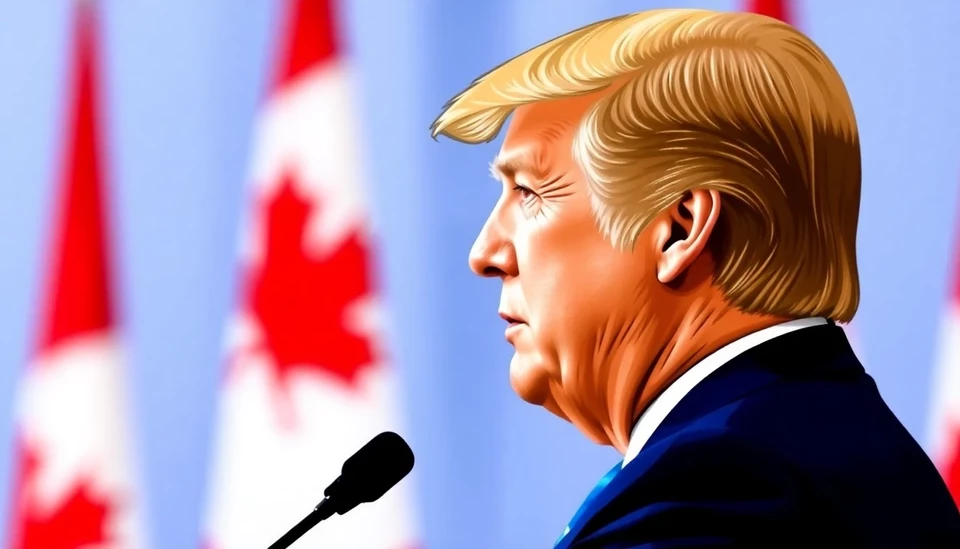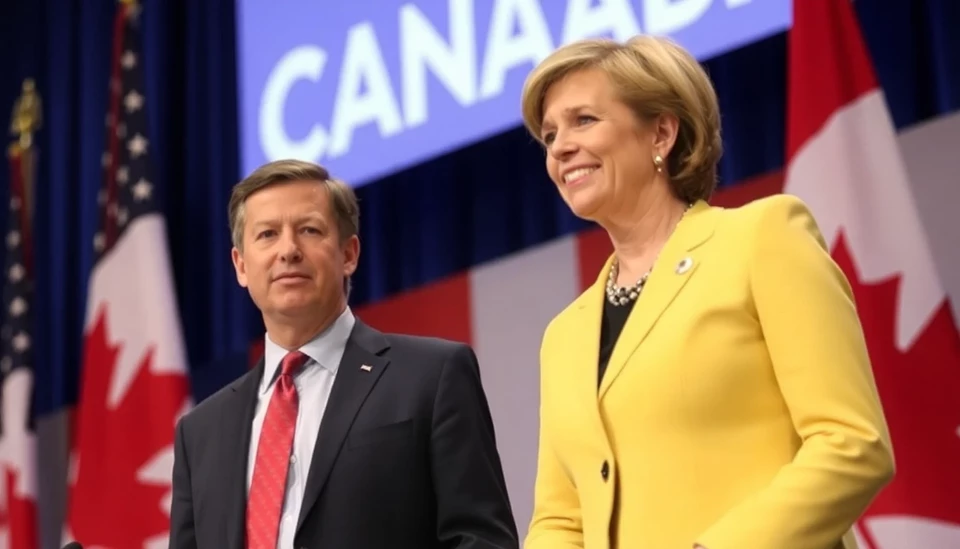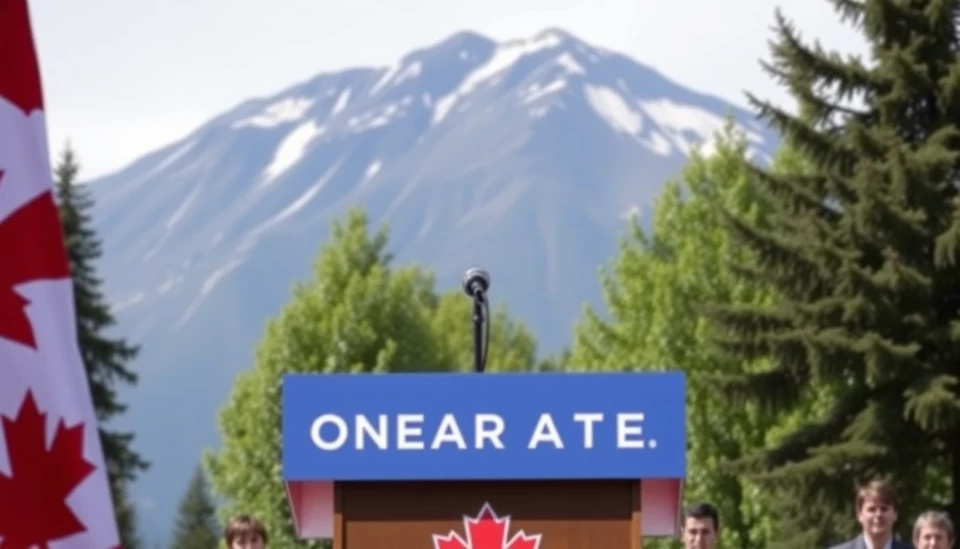
In a current political climate fraught with tension, Canada’s provincial leaders have begun to explore potential retaliatory measures in response to the controversial border policies imposed by former President Donald Trump. The ongoing discourse among the premiers underscores a growing frustration with U.S. immigration strategies that many believe disproportionately affect Canadian provinces.
The premiers gathered recently to address the ramifications of Trump’s initiatives, which they argue have created a challenging landscape for Canada, particularly in regard to trade, immigration, and cross-border relations. The discussion was precipitated by Trump's aggressive policies which they assert are leading to increased border crossings and a strain on public services in Canada.
While the meeting's atmosphere was marked by solidarity among the provincial leaders, a sense of urgency loomed large. They are acutely aware that the shifting political tides in the U.S. can significantly impact Canada, and they are determined not to remain passive. The premiers are weighing several responses, including economic measures that could involve levying tariffs or enforcing restrictions on certain goods and services sourced from the U.S.
One of the noteworthy proposals considers targeting specific industries that have benefited from Trump's policies at the expense of Canadian provinces. Leaders believe that these retaliatory steps could serve as a means to protect local economies and underscore their dissatisfaction with U.S. maneuvers. For instance, they might implement measures that would affect agricultural products, auto exports, or technology transfers between the two countries.
In tandem with economic strategies, the premiers are also discussing advocacy on the international stage. Some are contemplating the possibility of leveraging relationships with allied nations to exert collective pressure on the U.S. government regarding trade agreements, border policies, and immigration reform.
A central theme emerging from the discussions is the need for unity among provinces. Premiers are recognizing the strength that comes from presenting a united front against external pressures and the importance of showcasing that Canada will not be bullied into compliance. This sentiment echoes a broader call among provinces for the federal government to adopt a more robust stance towards the U.S. when it comes to negotiations over border security and trade.
As the discourse evolves, it remains to be seen what specific measures will be implemented and how effectively Canadian leaders can navigate the complexities of international relations while defending their interests. The dialogue continues as the premiers prepare to further address these issues in upcoming legislative sessions.
As events unfold, one thing is clear: Canadian provincial leaders are willing to take a stand against policies they perceive as detrimental and are prepared to explore avenues of retaliation to safeguard their jurisdictions and the welfare of their citizens.
#Canada #Trump #Premiers #Retaliation #BorderPolicy #TradeRelations #Immigration #Politics
Author: Daniel Foster




